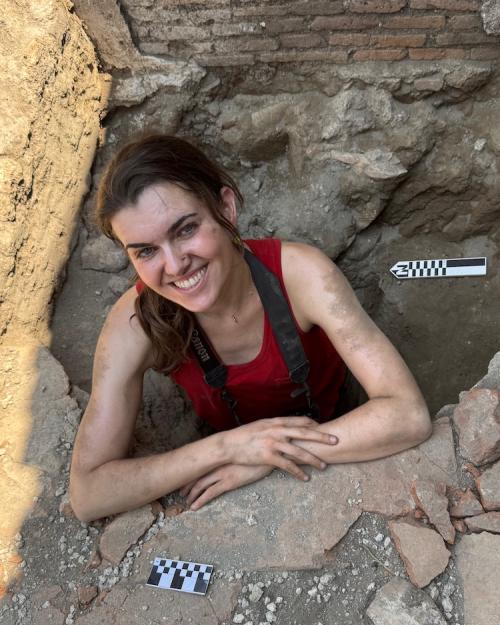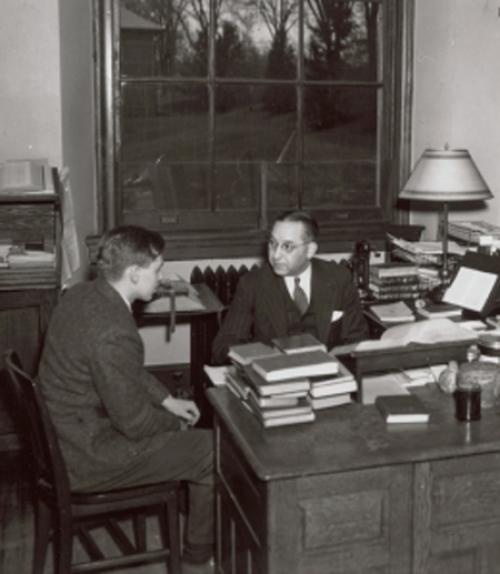
‘Households in Context’ wins Wiseman Book Award
A&S Communications
 Department Homepage
The College of Arts & Sciences
Department Homepage
The College of Arts & Sciences


